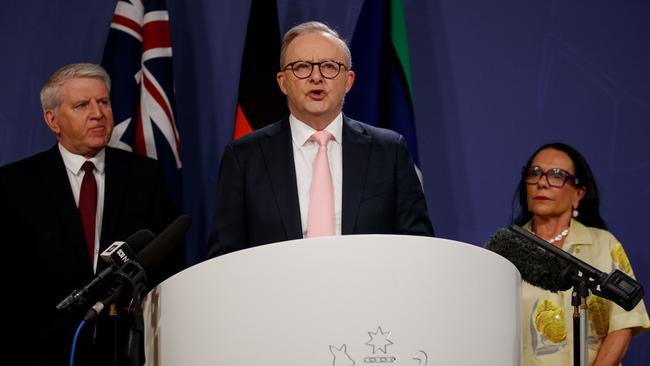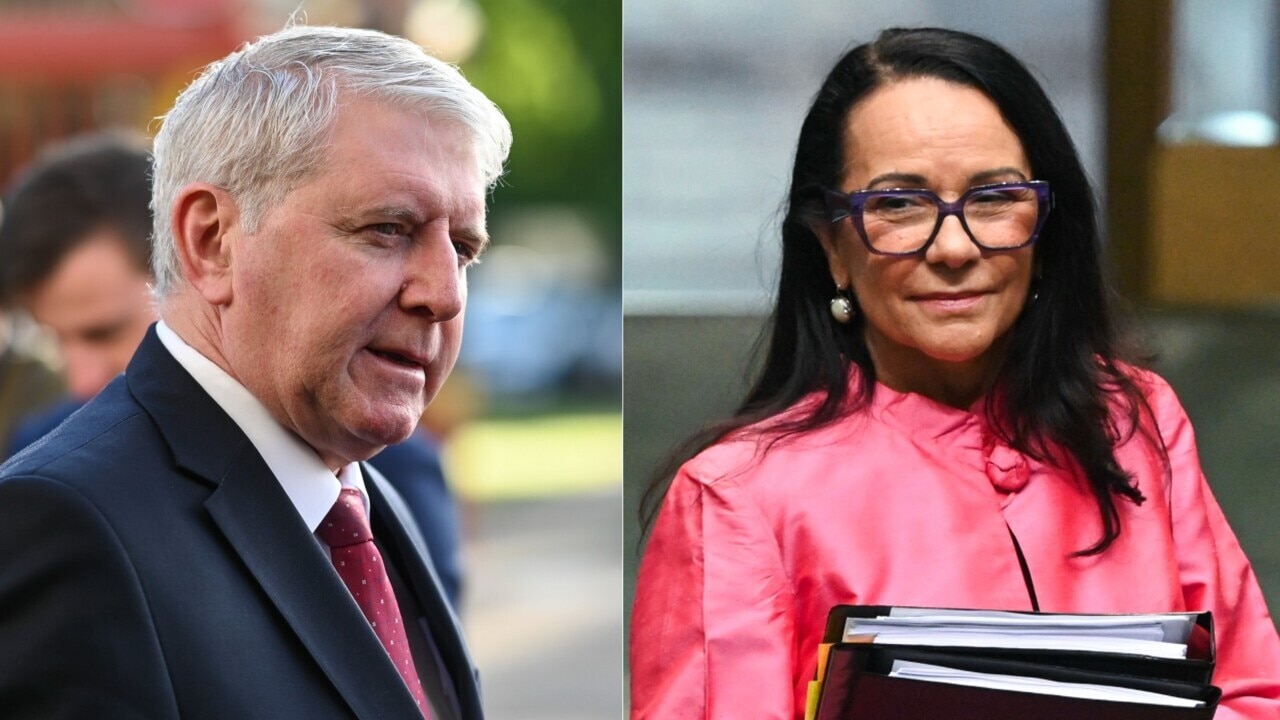
It is true that the Prime Minister hasn’t lost a cabinet minister due to controversy or scandal since being elected. And this is an enviable record on the face of it.
But that’s not to say that some of them shouldn’t have lost their jobs already on the basis of poor performance.
A united cabinet doesn’t necessarily mean that it is an impressive one.
This is the test Albanese has now set himself ahead of the reshuffle this Sunday – can he lift the firepower of his ministry at the same time as addressing the demands of his internal constituencies. Albanese may choose who goes into what portfolio but it is the factional bosses who tell him who he can choose from.
Not that it’s much different under the Coalition, but the Labor caucus system is demonstrably more formalised and structured.
While this offers stability, and unity is critical to any cabinet government, the performance of its members should be the overriding consideration.
Already, there are some in the Labor caucus calling for the PM to use the retirement of Brendan O’Connor and Linda Burney for a wider sweep of the frontbench.
Immigration Minister Andrew Giles appears to have already accepted his fate. Few doubt that he will be moved out of a portfolio, the mismanagement of which has caused the Albanese government untold trouble.
But it is not the only problem area where ministerial ability and delivery has been questionable. If Giles’s performance warrants his removal, then the same could naturally apply to others, including his senior Minister in Home Affairs, Clare O’Neil.
Housing will present a key election policy battleground between Labor and the Coalition. Questions have been asked for some time about Julie Collins’ record of delivery.
Aged Care is another troubled portfolio.

There is also the issue of what the incoming ministers will need to fix, and quickly.
With the failure of the voice to parliament, there will be considerable pressure on the government to deliver a new Indigenous policy agenda.
From his language on Thursday, Albanese offered little to gauge where he wants to go and how much rope he’s going to give the likely new minister, NT Indigenous senator Malandiri McCarthy, who will be keen to put her own stamp on the portfolio.
Albanese rightly paid tribute to O’Connor and Burney for their long service to parliament. He says their departures present an opportunity to “refresh” his ministry. The question is how fresh Albanese wants it to look, and how far the factions will allow him to go.
Albanese’s instinct will be a minimalist approach.
The problem with a broader rearrangement, which some are urging, is two-fold.
A wholesale reshuffle would signal an admission of failure in several key portfolios including national security. The wrong signals on this front can be dangerous for Labor.
It would also appear to undermine what is implied in the PM’s central claim – that longevity of tenure should weigh as the primary assessment of the success of cabinet-led government.
A wider reshuffle would also likely put more noses out of joint than Albanese would be prepared to risk.




Anthony Albanese would have you believe that having not lost a minister in the first two years of a new government is an unrivalled virtue.